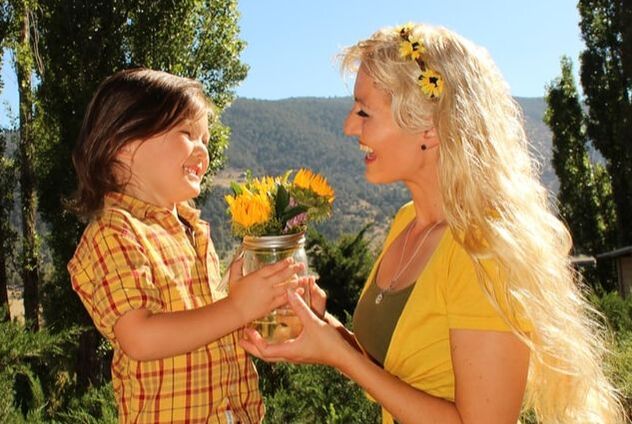Helping Others: Definition, Benefits, & ExamplesWhen we help others, everyone wins. Learn more about the benefits of helping others and ways in which we can contribute to the welfare of our fellow humans.
Helping others can be as simple as holding a door for someone or as extraordinary as donating a kidney. No matter how big or small the act, when we are kind and generous to each other, everyone benefits. Let’s take a closer look at the science behind helping others and some of the ways in which we can put more good into the world around us.
Before reading on, if you're a therapist, coach, or wellness entrepreneur, be sure to grab our free Wellness Business Growth eBook to get expert tips and free resources that will help you grow your business exponentially. Are You a Therapist, Coach, or Wellness Entrepreneur?
Grab Our Free eBook to Learn How to
|
Are You a Therapist, Coach, or Wellness Entrepreneur?
Grab Our Free eBook to Learn How to Grow Your Wellness Business Fast!
|
Terms, Privacy & Affiliate Disclosure | Contact | FAQs
* The Berkeley Well-Being Institute. LLC is not affiliated with UC Berkeley.
Copyright © 2024, The Berkeley Well-Being Institute, LLC
* The Berkeley Well-Being Institute. LLC is not affiliated with UC Berkeley.
Copyright © 2024, The Berkeley Well-Being Institute, LLC




